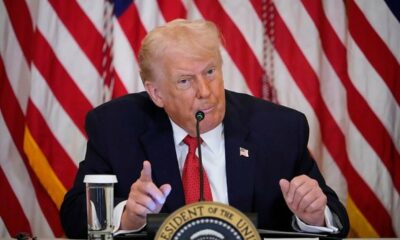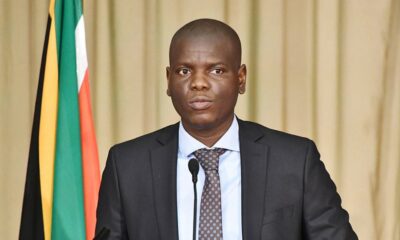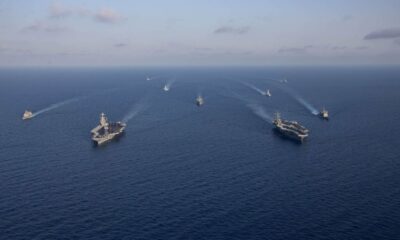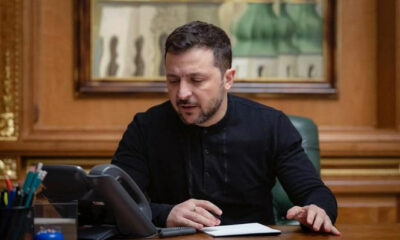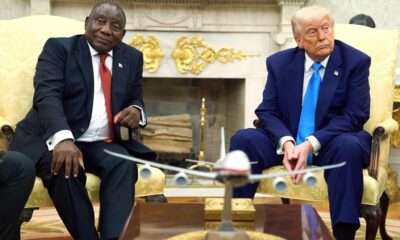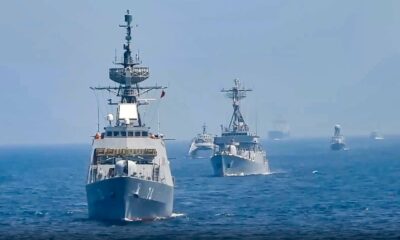Business
From Foes to Friends? The Shifting Sands of Global Political Alliances
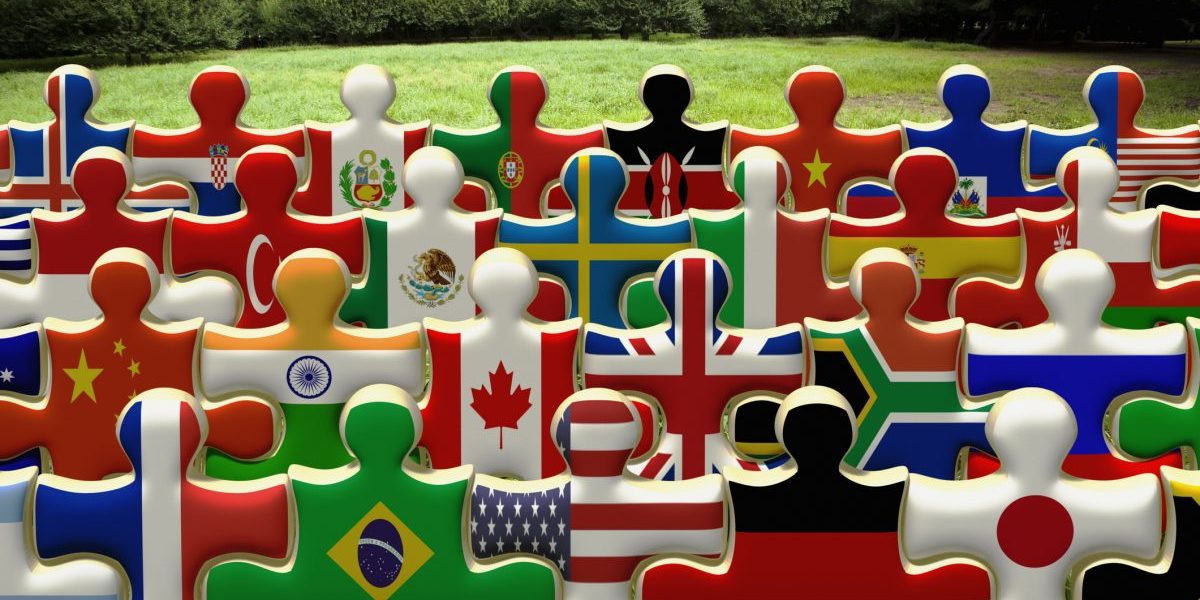
The world of diplomacy has no permanent friendships, only shifting interests. In 2025, that truth is more visible than ever.
In today’s global order, alliances are no longer written in stone—they’re pencilled in with erasers at the ready. Across continents, old enemies are shaking hands while longtime allies grow suspicious of one another. Whether it’s new BRICS partnerships, backpedalling on economic tariffs, or courtroom battles over human rights, one message is clear: the rules are changing.
US-China: From Economic Warfare to Tactical Truce
It wasn’t long ago that the US slapped China with punishing tariffs as high as 145% under Donald Trump’s so-called “Liberation Day” policy. That move sent a chilling message, triggering retaliatory tariffs and worsening already tense relations. But on 14 May 2025, something unexpected happened—both countries agreed to ease 90% of those tariffs for a 90-day period.
China will now reduce tariffs on US goods to 10%, while the US drops its rate to 30%. It’s not a love affair, but it is a signal: even fierce economic rivals understand the value of dialogue. For ordinary citizens and businesses caught in the crossfire of trade wars, this comes as a welcome, if temporary, reprieve.
EU-China: Pressure from the West Sparks a Rethink
Europe’s dance with China has always been pragmatic. By 2022, China had become the EU’s biggest source of imports and third-largest export market, with trade exceeding €856 billion. European giants like Siemens and BMW bank heavily on Chinese markets. So why the sudden frost?
The answer: Washington.
US pressure—especially under Trump’s re-emerging “America First” doctrine—has nudged the EU to re-evaluate ties. The EU has started blocking Chinese tech, limiting academic exchange, and scrutinising foreign investments. But that doesn’t mean Europe is blindly following America’s lead. If anything, it has reinvigorated the EU’s push for “strategic autonomy.” In plain terms? Europe wants to chart its own course, balancing ties with both China and the US without playing pawn to either.
BRICS: A New World Order From the Global South
While Western alliances fumble, BRICS is quietly building a future that feels more balanced—and more representative. In 2025, Indonesia officially joined the group, alongside official partners like Nigeria, Bolivia, Cuba, and Uzbekistan. These aren’t just symbolic moves. The new BRICS lineup reflects a broader desire among countries of the Global South to strengthen ties based on shared development goals, not dependency.
Relationships within the bloc—like China-South Africa or South Africa-Brazil—are more than diplomatic. They are cultural, economic, and even environmental. BRICS gives nations a stage to assert sovereignty, challenge exploitative histories, and offer alternatives to the dominance of Western-led institutions.
For South Africa, BRICS isn’t just strategic—it’s also ideological.
Ukraine and Palestine: When Diplomacy Hits a Wall
But not all international relationships are softening. Some remain stubbornly—and heartbreakingly—stuck.
The war between Russia and Ukraine continues to claim lives, despite half-hearted mediation attempts. Trump has made vague promises to broker peace, but insiders suggest his efforts have had little effect. Meanwhile, China, the EU, and South Africa quietly explore other paths to de-escalation.
Then there’s Israel and Palestine. This decades-long conflict defies the theory that there are “no permanent enemies.” Despite repeated international interventions, the violence continues. South Africa’s decision to take Israel to the International Court of Justice for alleged genocide put it at direct odds with the United States—a country that once called South Africa a “strategic partner,” but now accuses it of enabling a “white genocide,” a claim many see as a politically motivated distraction.
These two conflicts remind the world that not all wounds can be healed with trade deals or summits. Some require deep, systemic change—and genuine accountability.
A New Kind of Foreign Policy?
If there’s one takeaway from today’s turbulent landscape, it’s this: power is redistributing. Countries are no longer content to sit in someone else’s shadow. The EU wants strategic autonomy. The Global South is finding its voice through BRICS. China and the US, despite their rhetoric, are keeping lines of communication open.
Even as bombs fall in Ukraine and Gaza, elsewhere, bridges are being rebuilt—slowly, sometimes shakily, but unmistakably.
Global alliances are turning into revolving doors. Who’s in and who’s out may change tomorrow. But for now, this fluidity presents an opportunity: to rebuild relationships not out of convenience, but out of a deeper recognition of mutual respect, sovereignty, and shared futures.
And perhaps that’s a shift worth watching.
{Source: IOL}
Follow Joburg ETC on Facebook, Twitter , TikTok and Instagram
For more News in Johannesburg, visit joburgetc.com

